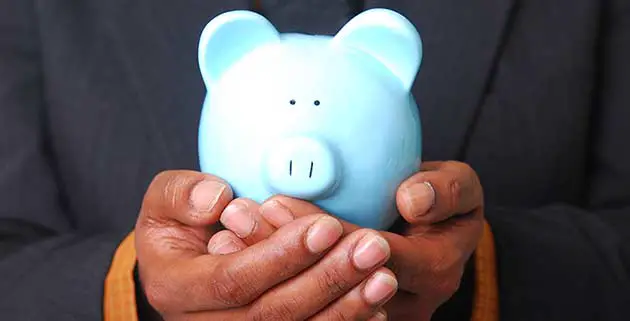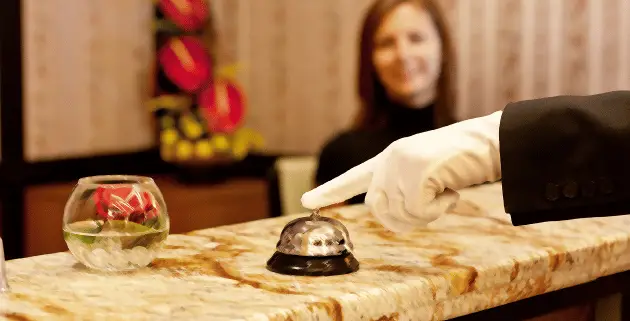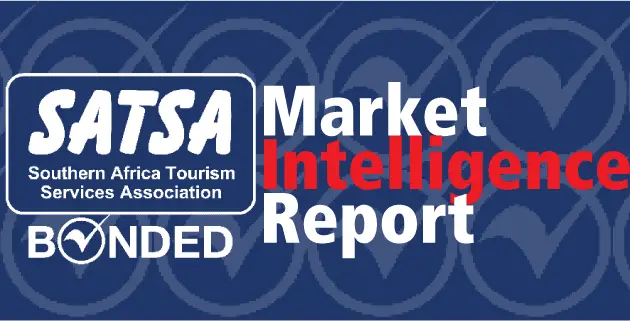Value Added Tax in the Tourism Industry
Value Added Tax (VAT) charged to clients in the Tourism Industry can be a minefield, especially when dealing with foreign tourists.
In the tourism industry, not only does one need to look at the costs of putting together the trip, where there may be different VAT treatments for using your own vehicle, VAT treatments for using a transport company or VAT treatments for hiring a vehicle, but things get even further complicated if your company has foreign tourists.
VAT and Foreign Tourists
Determining whether you have to charge VAT on the fee for arranging the trip for foreign tourists depends on where your foreign guests are at the time that your business arranges their trip to South Africa.
VAT and Commissions
The fees or commission charged by the your local business for arranging the foreign tourist’s trip is zero-rated according to section 11(2)(ℓ) of the VAT Act if the foreign tourist and your business are outside South Africa at the time the service of arranging the tour package for the foreign tourist is rendered.
On the other hand, the fees or commission charged by the your local business for arranging the foreign tourist’s trip is standard-rated according to section 7(1)(a) of the VAT Act if the foreign tourist and your business are in South Africa at the time the service of arranging the tour package is for the foreign tourist is rendered.
Different Treatments of VAT
To add another layer of complexity, in the travel and tourism industry, many of the goods and services supplied by service providers are made available through local entrepreneurs. That is, such local entrepreneurs, act as agents under common law in representing principles (i.e. service providers) that supply the goods and services. Notwithstanding this, local entrepreneurs may also act as principles, for example, the purchase and resale of tour packages. VAT is treated differently in these two instances.
The above just lightly touches on some of the issues to consider when putting together an itinerary and how to calculate the correct VAT. If you charge VAT on items that you shouldn’t, it will make you more expensive than your competitors who are treating it correctly. If you are not charging VAT on items you should, then SARS could levy an additional 15% without you being able to claim it back from clients.
VAT is thus an area that you need to read up on and ensure that your bookkeeper/accountant is up to speed on.





